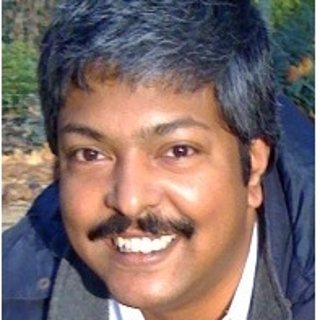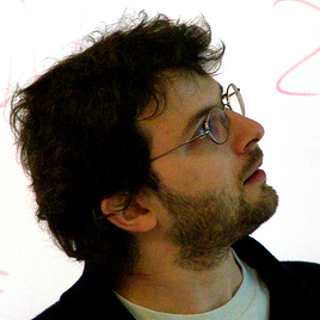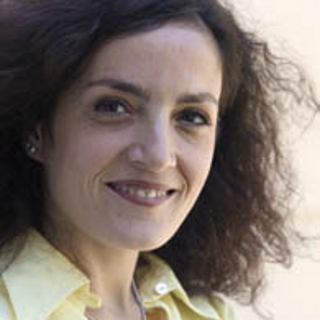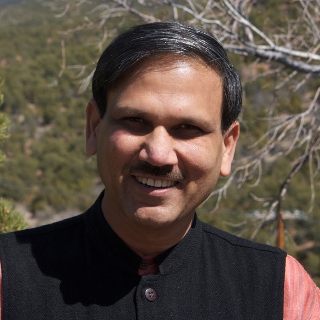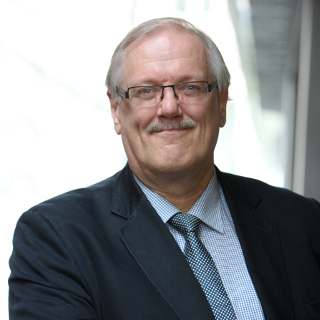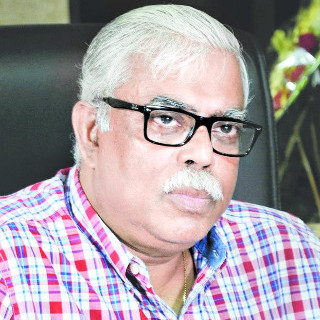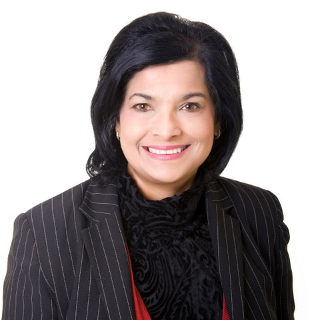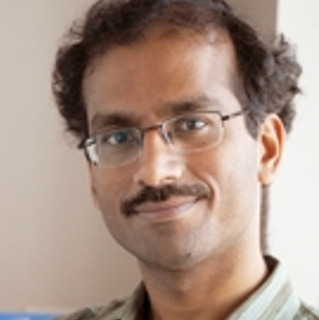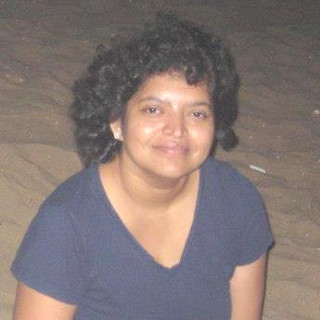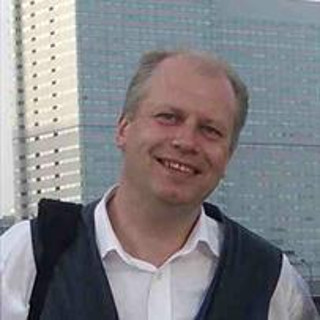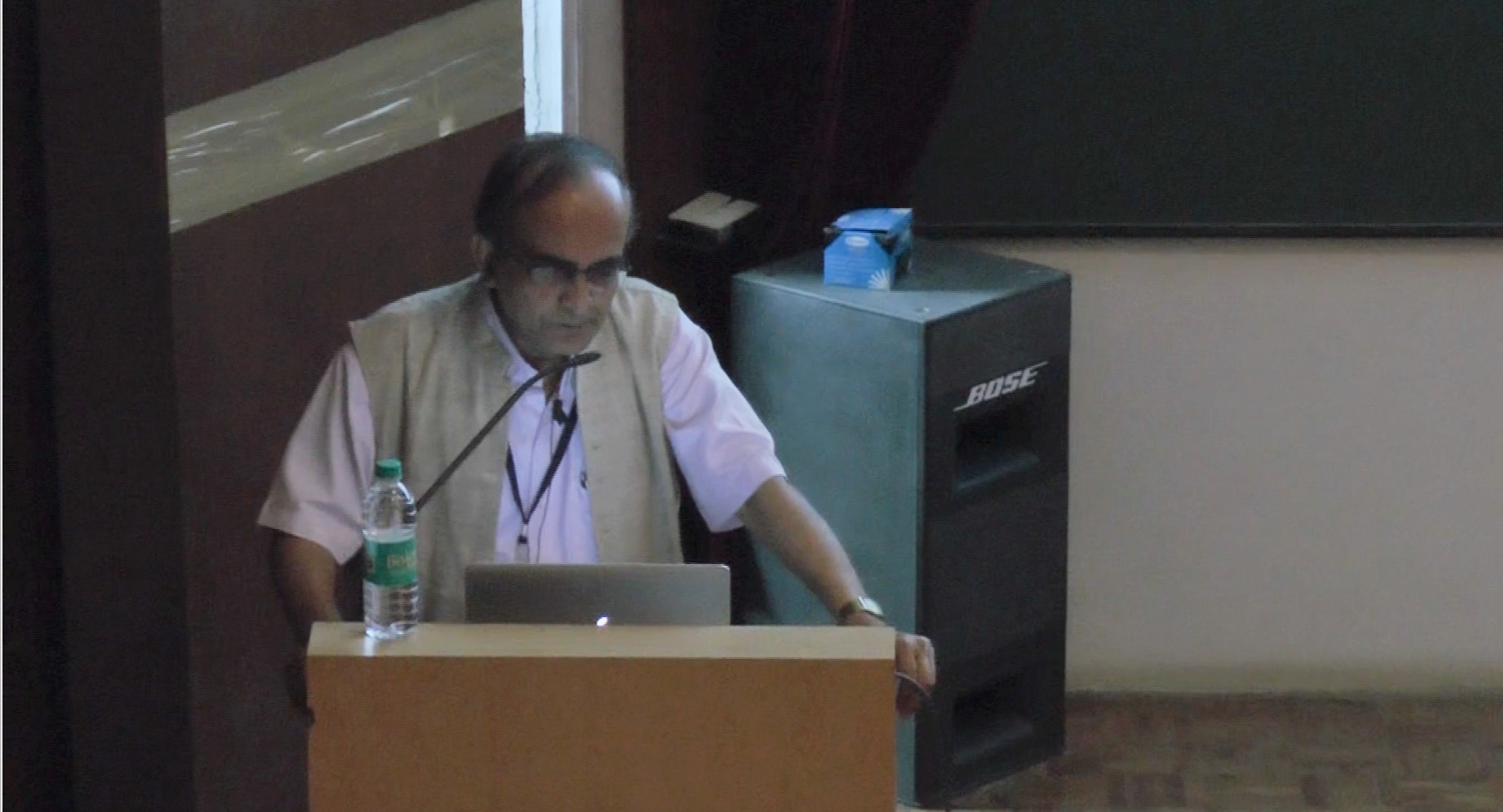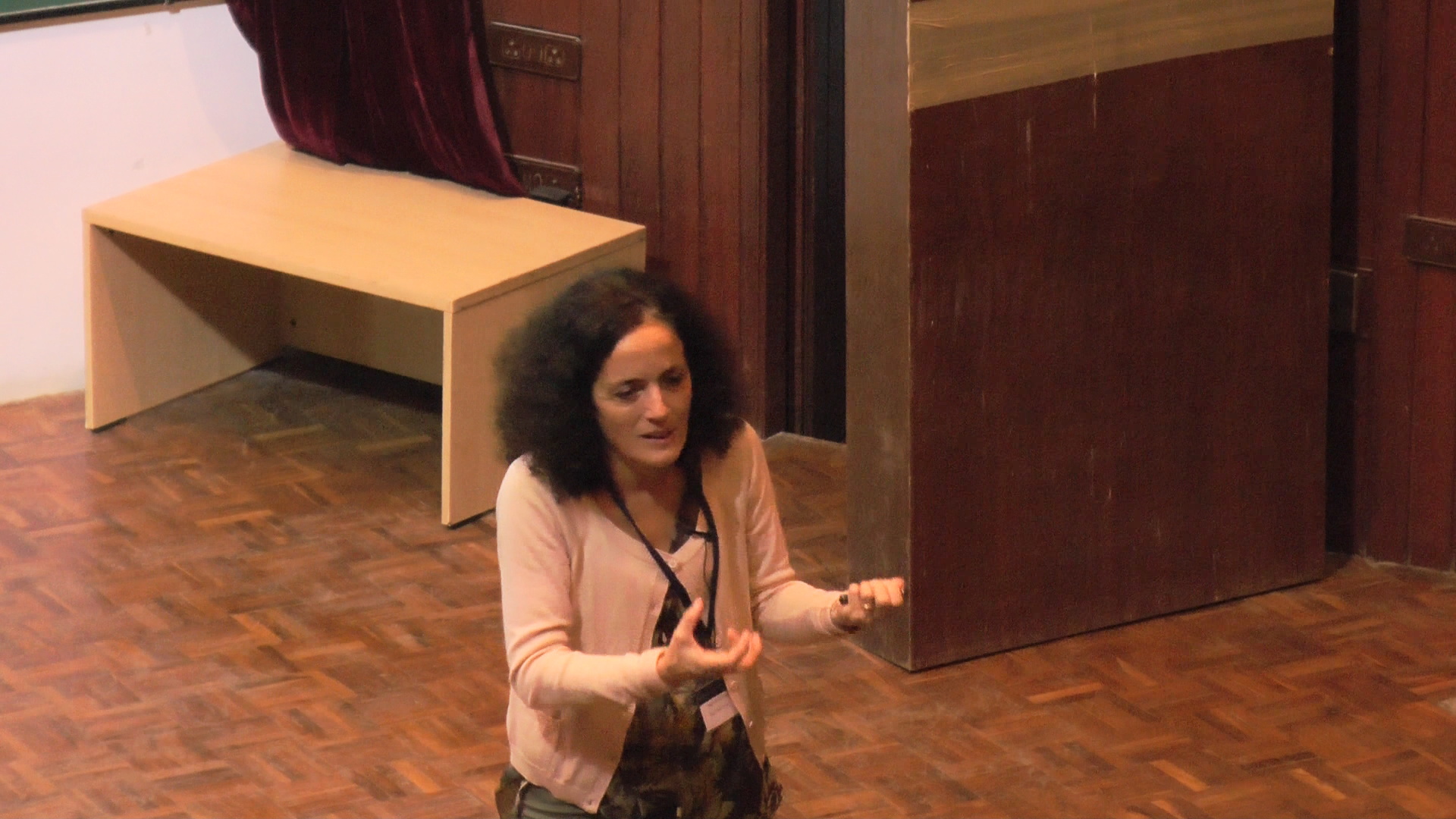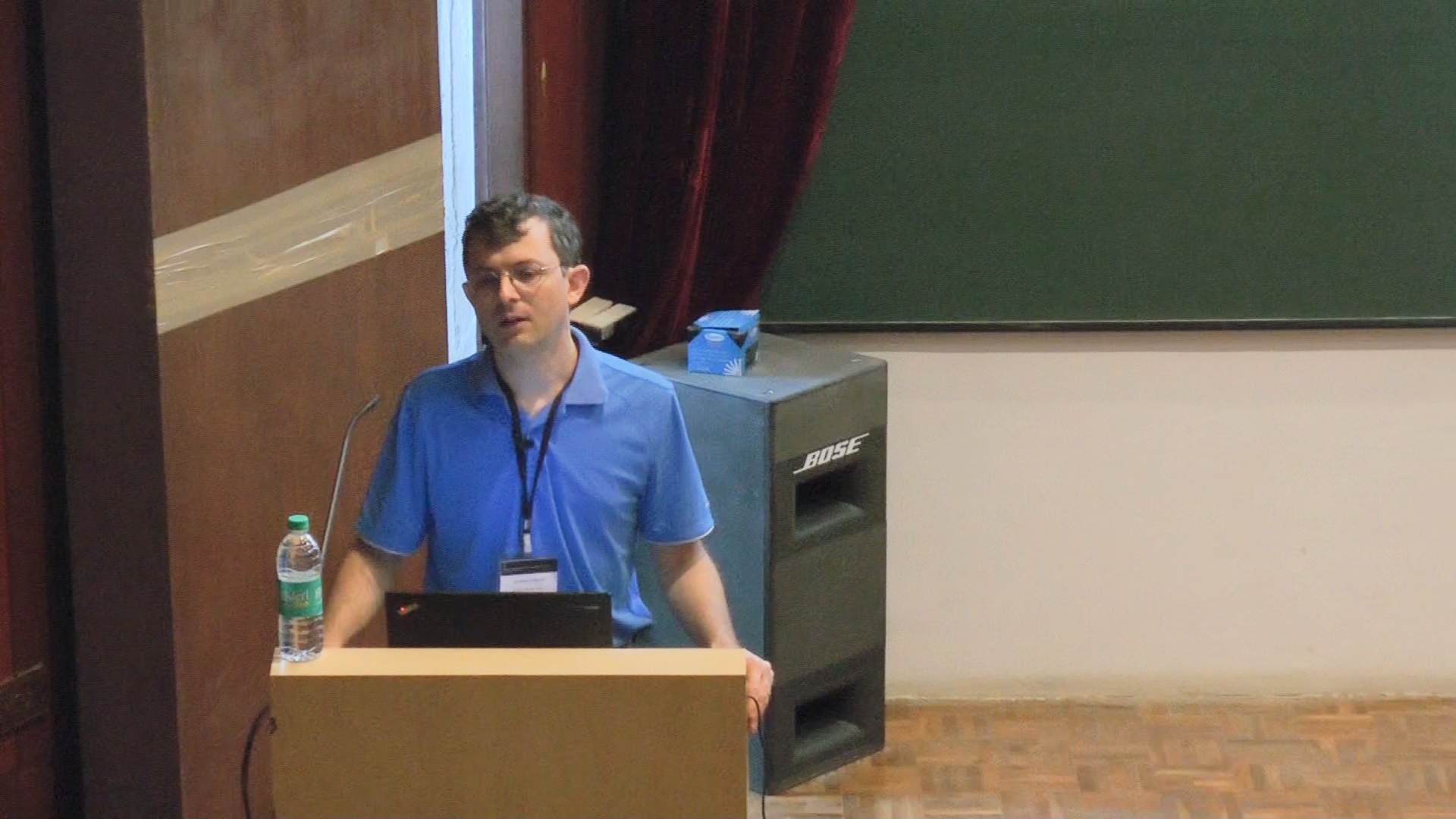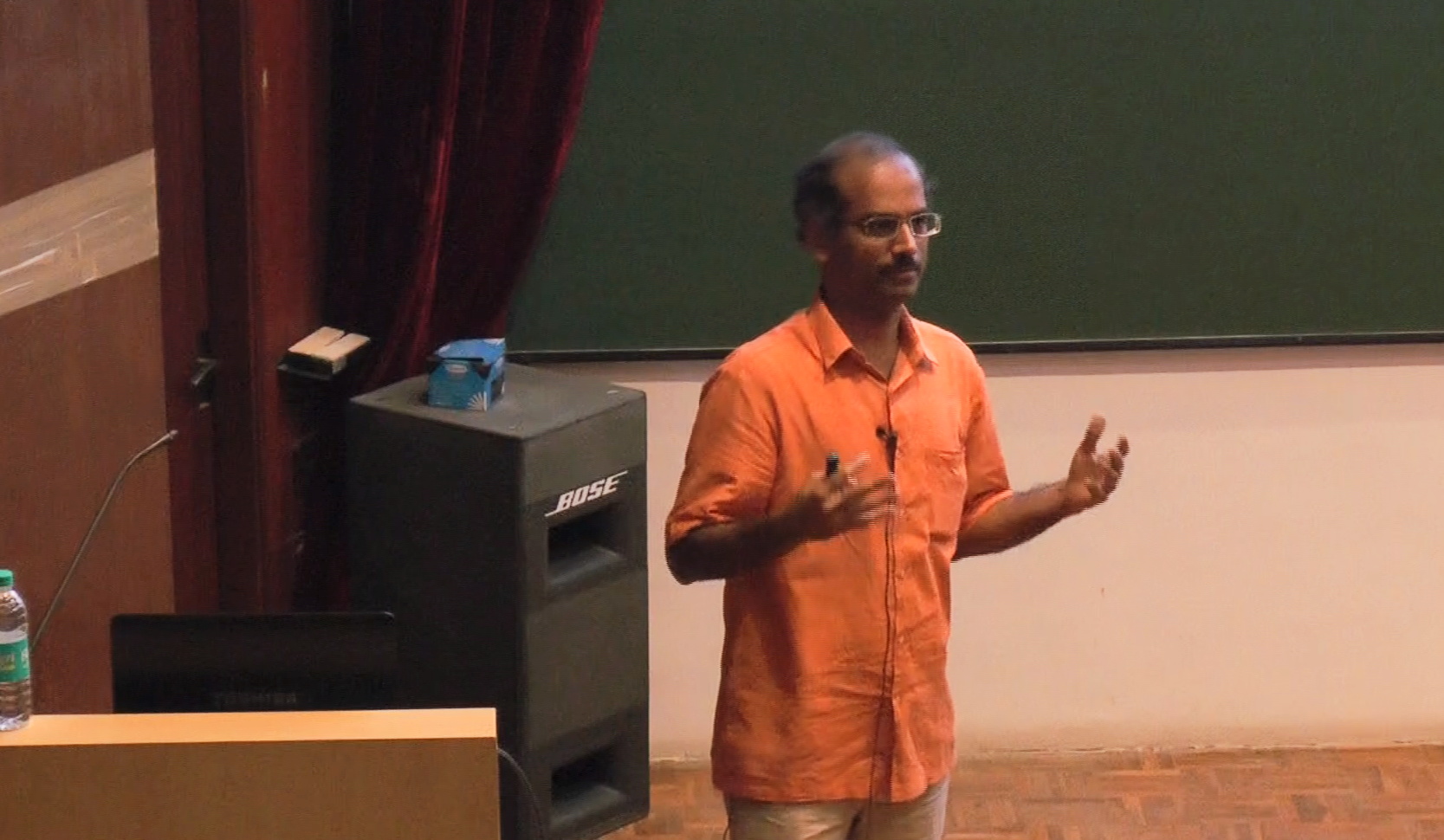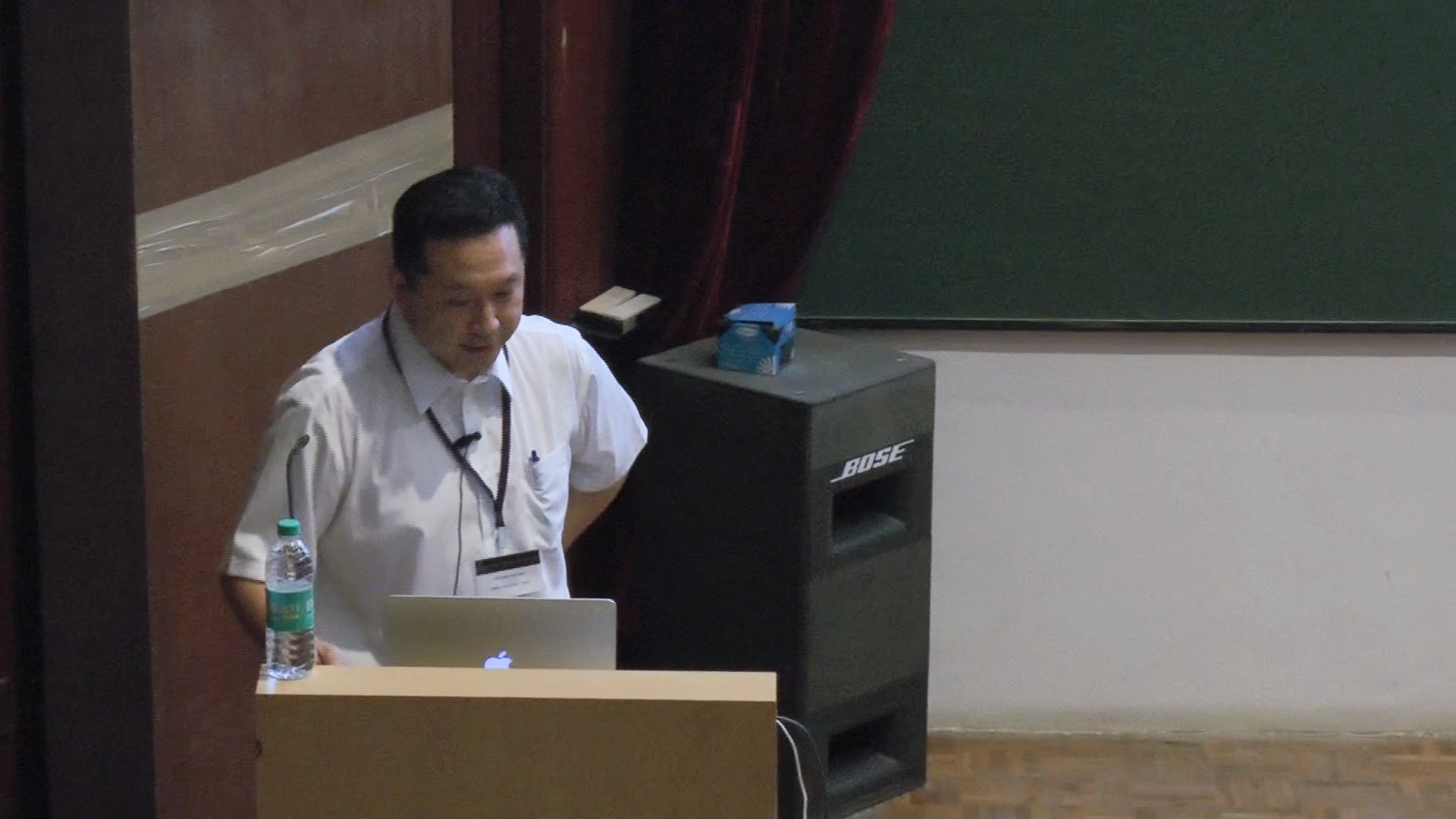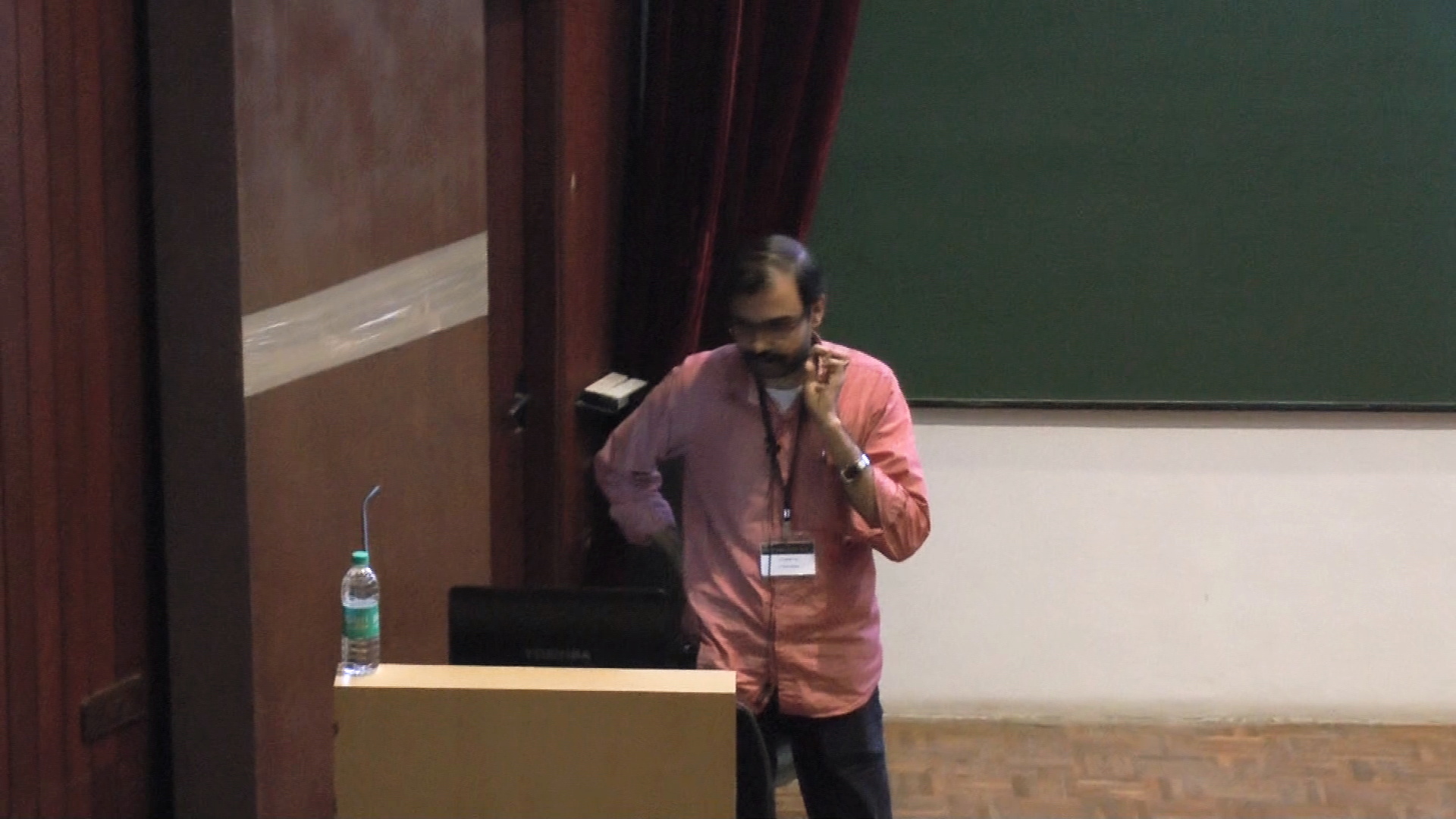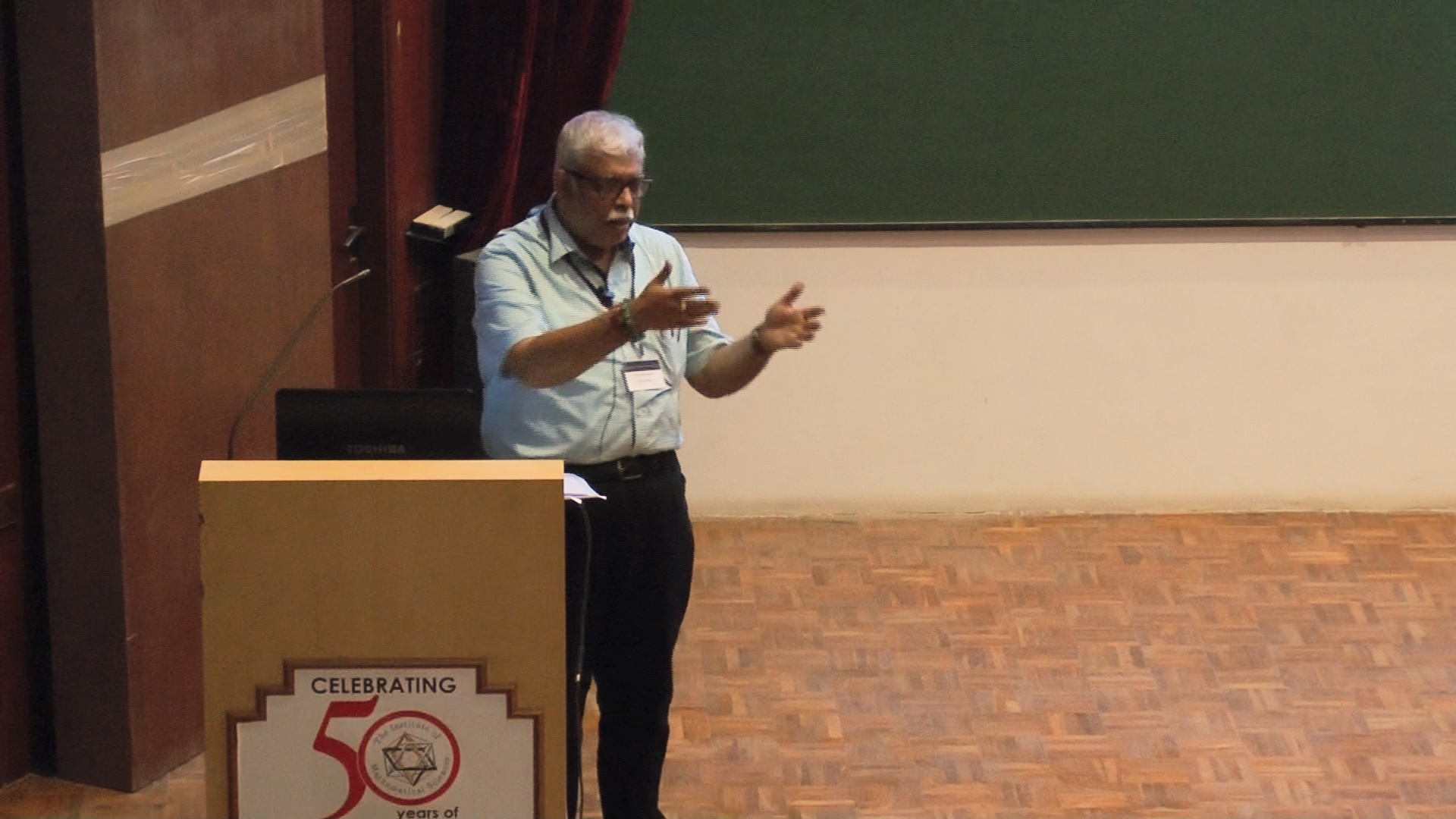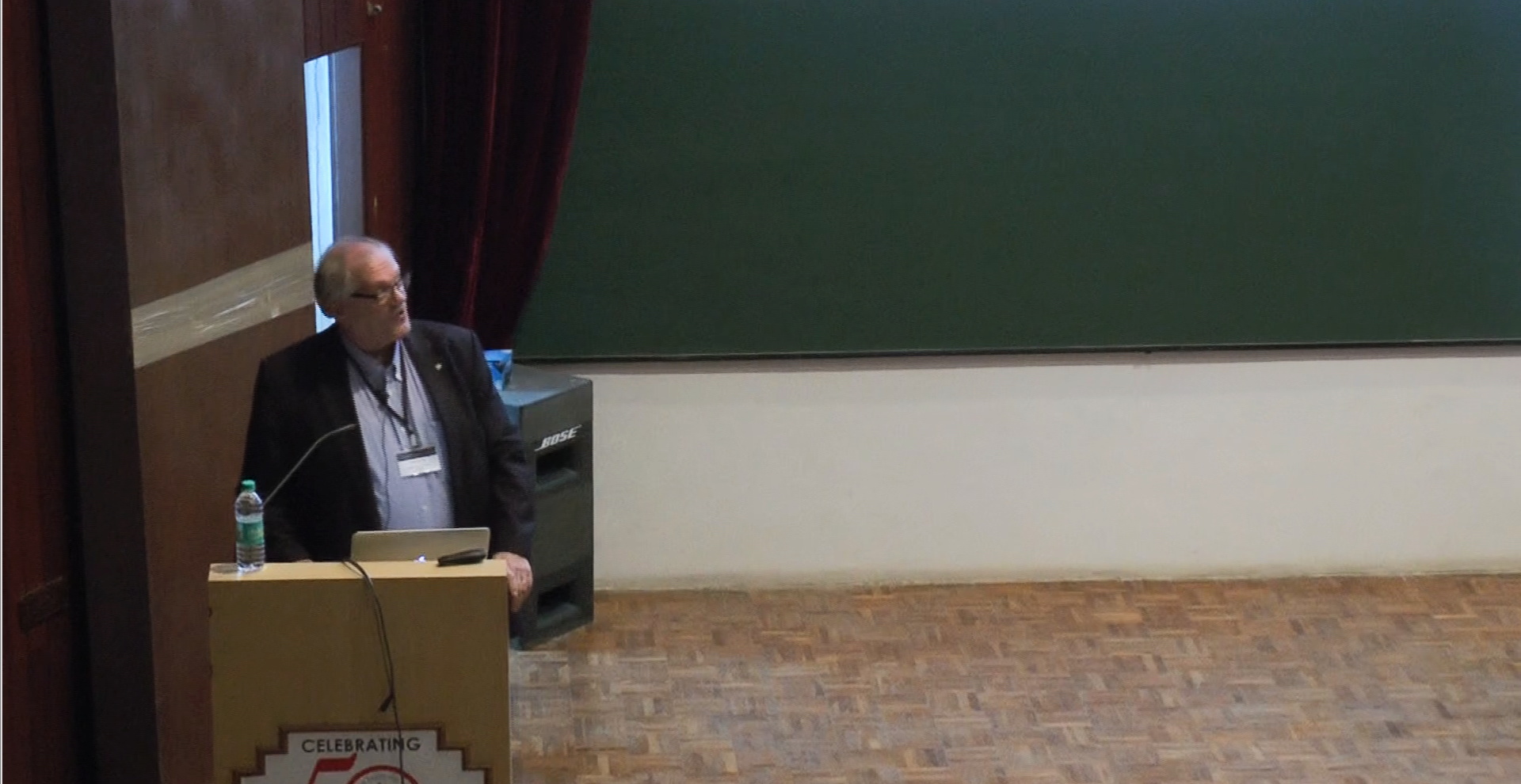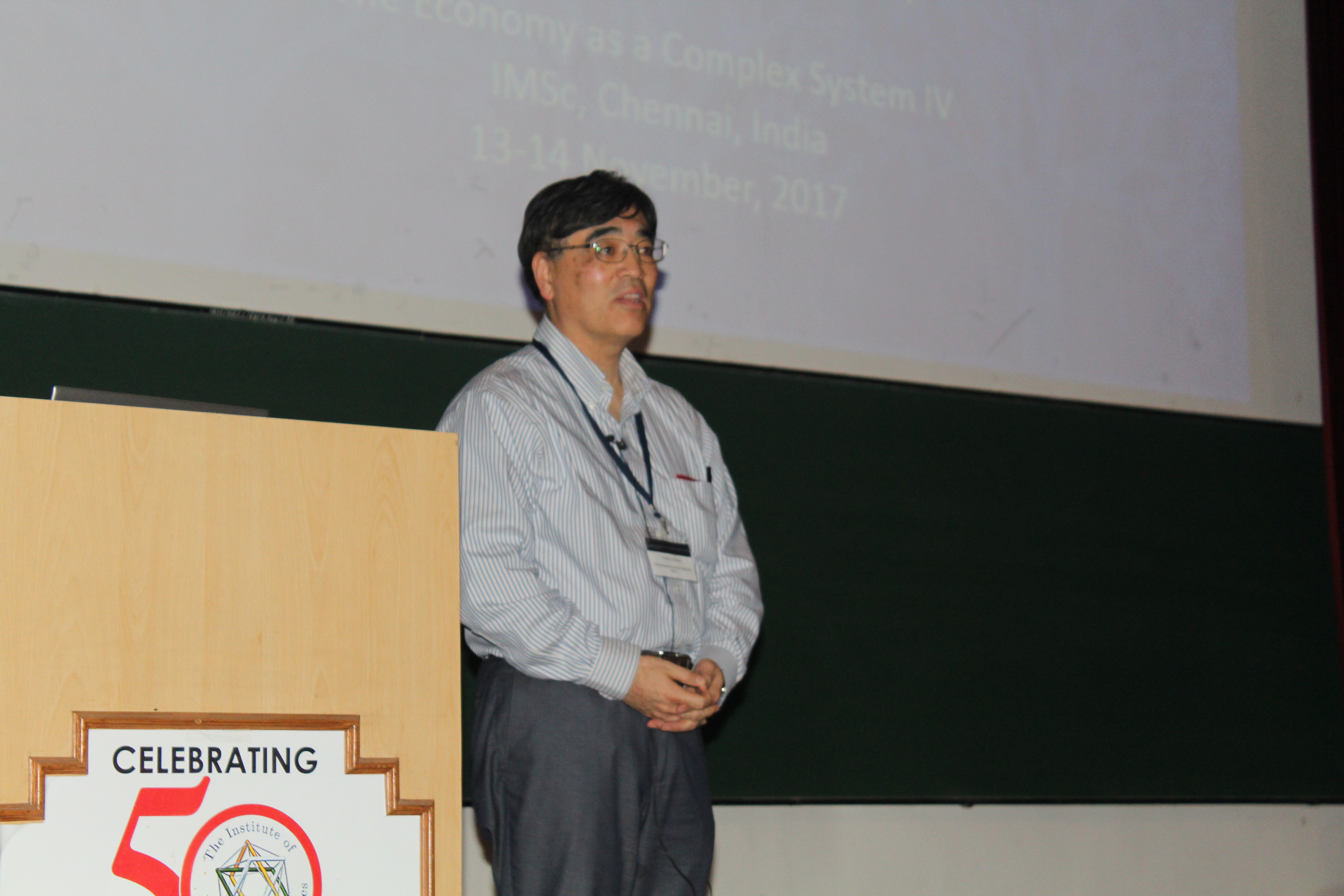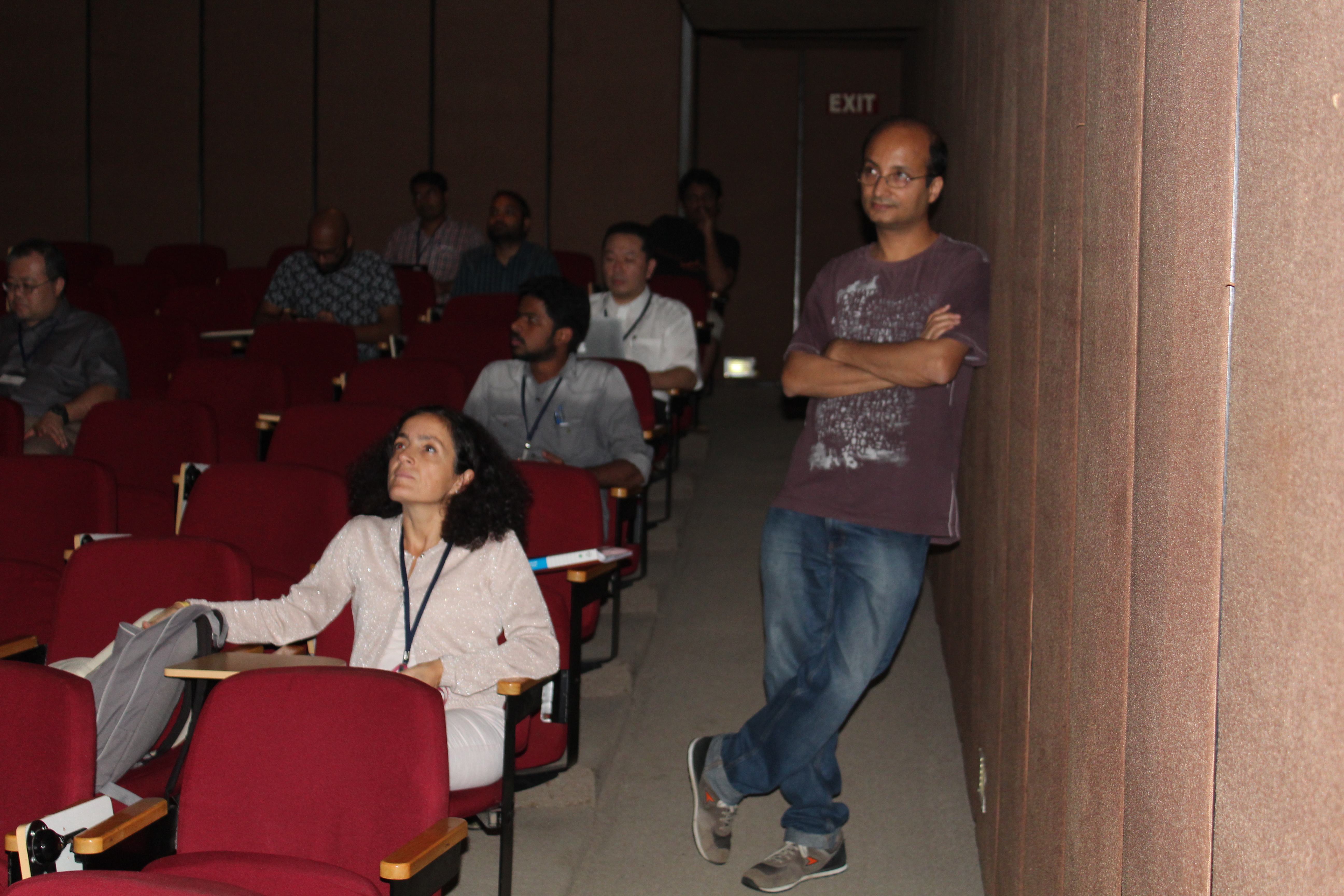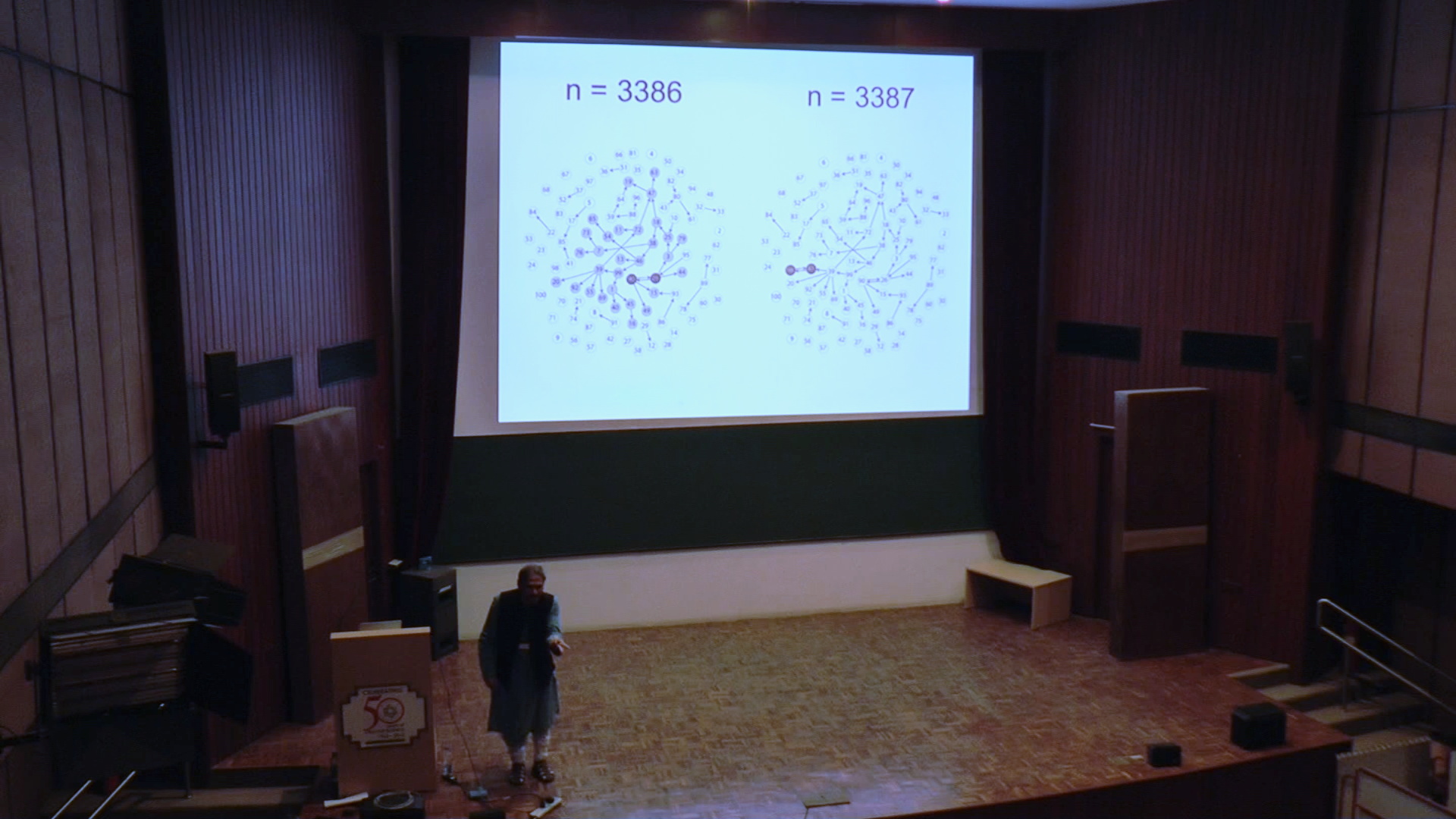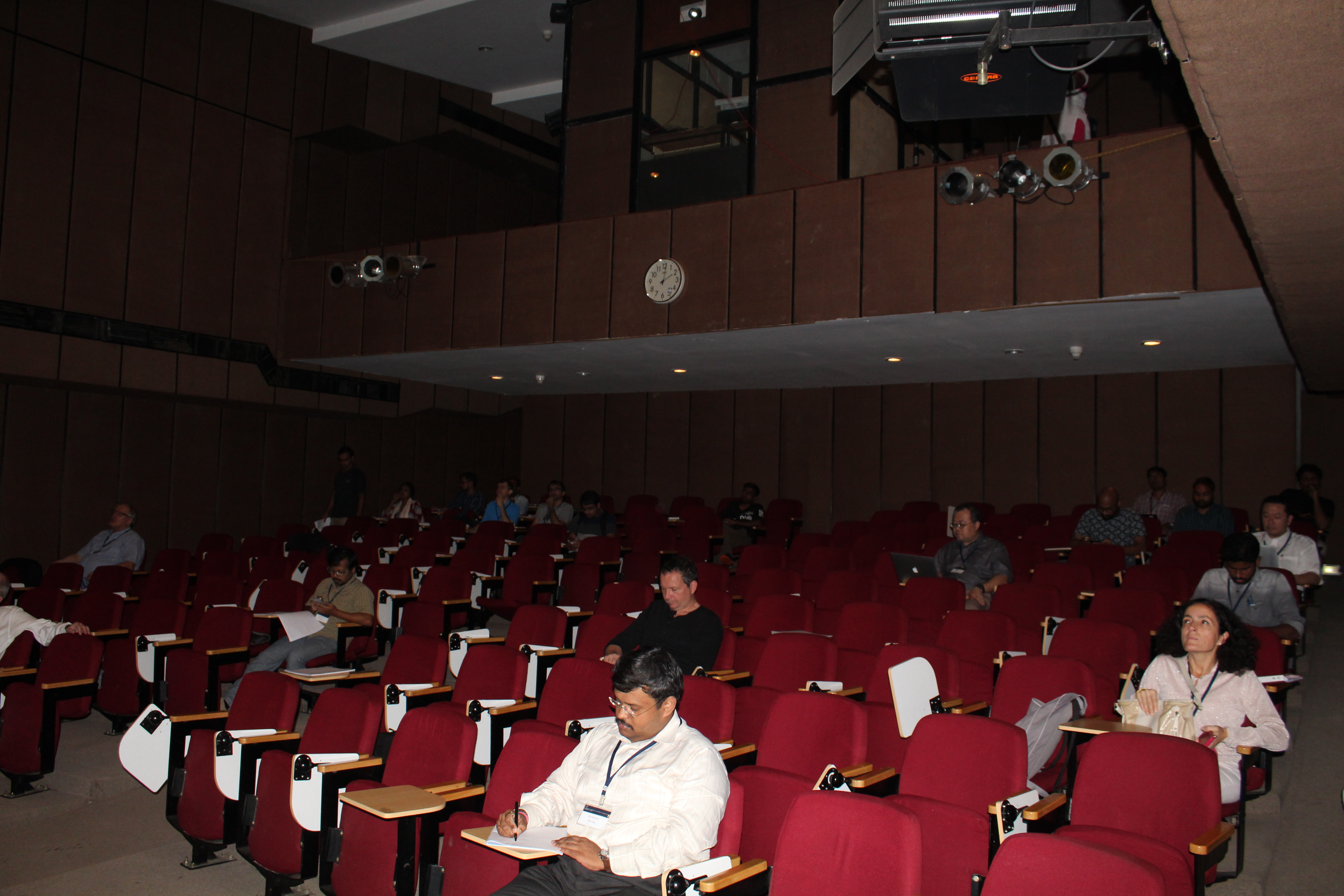About
The 4th in a series of workshops titled The Economy as a Complex System
that have taken place in the Institute of Mathematical Sciences (IMSc), Chennai from 2004, the meeting will be a forum where
physicists, economists and mathematicians will come together to discuss
diverse scientific approaches to understand economic phenomena. One of the
focal themes of the meeting will be the prospects of using the tools of
statistical physics in economics, an enterprise that was dubbed
“econophysics” just over two decades ago (although physicists have been
working on economics problem even earlier). It is now also just about half
a century from the publication of Mandelbrot’s famous paper that showed
that price fluctuations (measured by logarithmic returns) are not
distributed according to a normal distribution as widely believed at the
time but rather has fat tails better described by a power law This
observation has had far-reaching implications
showing that the kind of phenomena that forms the subject matter of
statistical physics may also include economic systems. From the 1990s
onwards there has been a virtual avalanche of publications in econophysics
– focusing on properties of financial markets, wealth and income
distribution, strategic decision making, etc.
As discussed in the recent special issue “Discussion and Debate: Can
Economics be a Physical Science?”of European Physical Journal- Special
Topics (https://link.springer.com/journal/11734/225/17/page/1), a distinct
character of this literature has been the emphasis on uncovering
“universal” phenomena in economic and social context, through applications
of methods borrowed from statistical physics. Analysis of high frequency
trading data from financial markets has led to the discovery of a number of
remarkably invariant features (e.g., the inverse cubic law of price
fluctuations). This workshop will focus on this theme and discuss the
problems & potentials of viewing (and modelling) socio-economic phenomena
through the lens of physical science.
Aims
The workshop aims to initiate discussion and debate between scientists from different disciplines who are united in their common aim of understanding the collective behavior of homo economicus.




